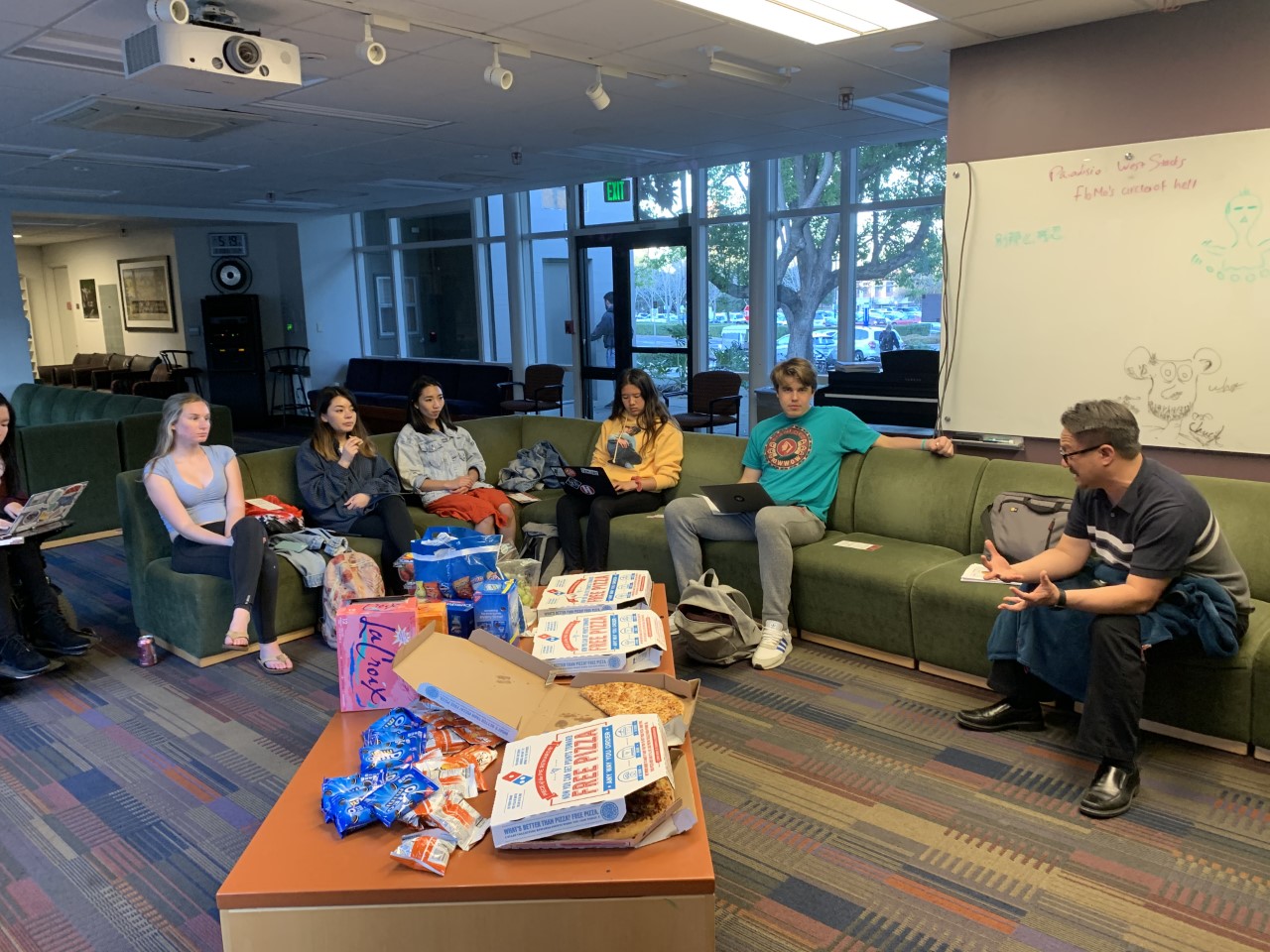Counseling & Psychological Services (CAPS) Operations Director Oliver Lin touted shorter wait times as a result of CAPS’ new intake model and asked for student feedback at a community dialogue hosted by the Junior Class Cabinet on Monday.
The discussion, advertised as “CAPS Declassified,” was promoted as an opportunity for students to learn about campus mental health resources and ask questions about psychological services. Students who could not attend the discussion were encouraged to submit questions through an online form and to consult a full transcript of the event that organizers said would eventually be published online.
Junior Class President David Pantera ’21 said that CAPS’ available resources are unhelpful if students are unaware of their existence or how to utilize them. The motivation for the Cabinet’s collaboration with CAPS, Pantera said, arose in response to a “transparency or communication gap” between students and CAPS.
“Students just have so many unanswered questions about CAPS,” Pantera said. “For example, how long is the wait time before I can see a therapist? How many sessions can I have? Is it free? Can I choose my therapist?”
In addition to answers to these and other logistical questions, CAPS’ new intake model featured heavily in the discussion. Under the new model, adopted in August, students have the option to walk into CAPS for an initial consultation, as opposed to requiring that the consultation take place over the phone. The change is aimed at reducing wait times for therapy.
Lin characterized the new intake system as a “more brief, focused intervention” that more efficiently facilitates placements in individual and group therapy sessions, workshops and psychiatric services.
According to Lin, previous wait times for individual therapy sessions could be four to six weeks. Under the new model, average wait times decreased to “about 11 days, at most” in November and December, he said.
He also pointed students toward auxiliary resources, such as counselors embedded in community centers across campus, which often offer shorter wait times than traditional CAPS counseling appointments.
Lin also spoke to the future of CAPS and its relationship with the student body.
He expressed particular enthusiasm toward opportunities to connect with campus leaders who can disseminate information about services that CAPS offers. Looking to the future, Lin spoke of “huge fantasies about frosh and transfer orientation” as opportunities for preventative mental health programming.
Pantera similarly expressed hope that the event demonstrated the potential for further student engagement in CAPS programming and potential reforms.
“Students really do want to take an active role in any CAPS reformation process,” Pantera said. “We hope that this event will encourage them to reach out to students for input in the future.”
Lin said CAPS welcomes feedback on the new model but also expressed concern that students reporting negative experiences with CAPS could discourage other students from seeking out help.
“Every time [someone says] something negative [about CAPS] — not to invalidate their experience — but it may scare someone else that could benefit from going,” Lin said. “You get that one article [in The Daily], and it’s like ‘oh, hell no, there’s no way I’m going to go to CAPS.’”
Lin emphasized that he encouraged feedback directly to the program.
“The last thing we want to do is discourage people from speaking out,” Lin said.
Ultimately, Lin said, the relationship between CAPS and the student body is at the core of what he does.
“Our priority has always been the student,” he said. “We’re limited by math and things like that, but we’re on the students’ side.”
Contact Jackie O’Neil at jroneil ‘at’ stanford.edu.
